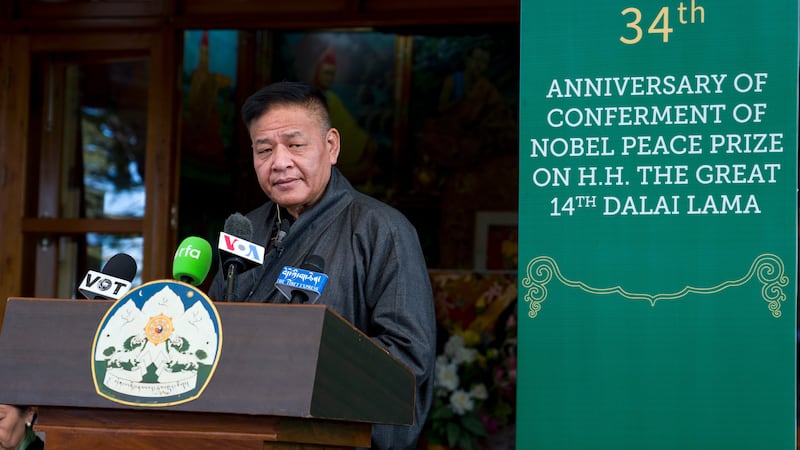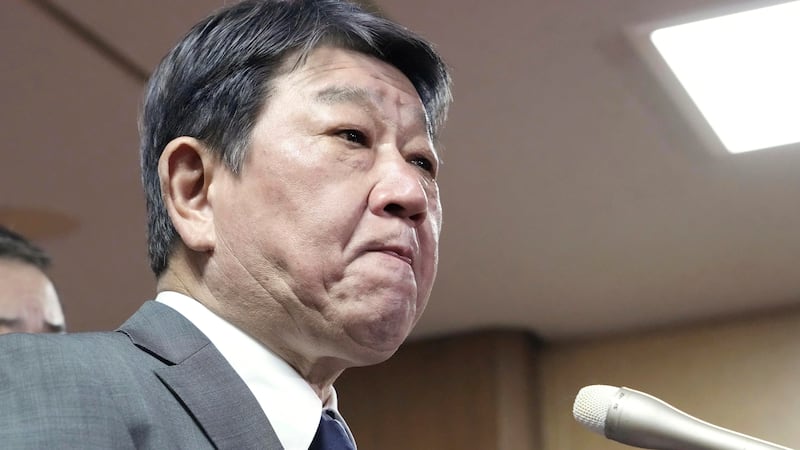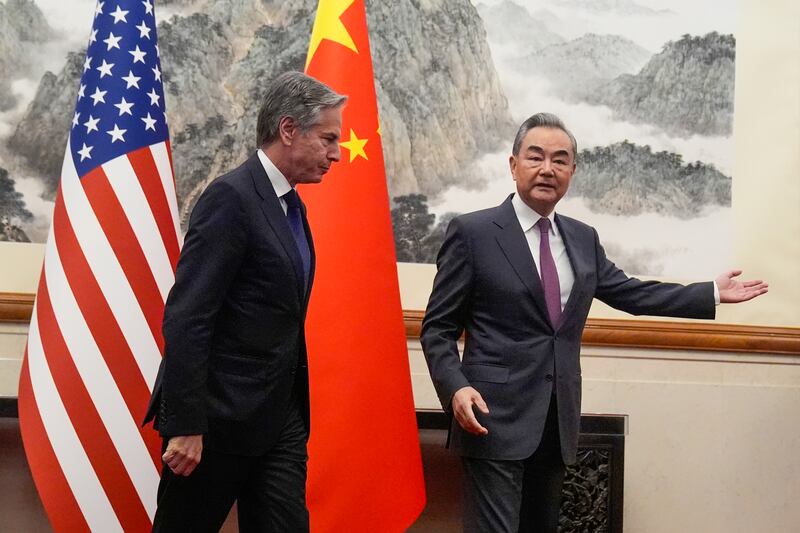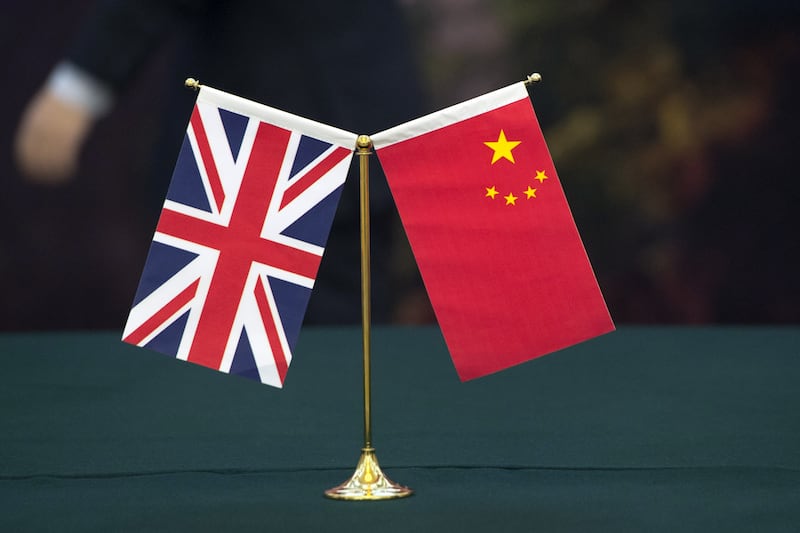The president of the Tibetan government-in-exile has accused China of denying the most fundamental human rights to people in Tibet and vigorously carrying out the extermination of the Tibetan identity.
Penpa Tsering, in a statement marking Human Rights Day, also criticised China for last month releasing a “white paper” — or policy document — on Tibet.
China claimed that its rule of Tibet marked “outstanding achievements in development, created on the roof of the world through the Chinese path to modernisation”.
The report extolled progress in economic development, social stability and environmental protection under Communist Party rule.
China has built highways and high-speed railways through the mountainous region and promoted tourism as a way to boost incomes.
Mr Tsering said the Chinese Communist Party was “forging a strong sense of the Chinese nation as one single community, promoting the Chinese language, the Sinicisation of Tibetan Buddhism and developing socialist values.”
“Such infliction of suffering and oppression on the Tibetan people by the Chinese Communist Party authorities is unparalleled and unprecedented,” he said.
Mr Tsering addressed a group of Tibetans at the Tsuglakhang temple in Dharamshala, the headquarters of the Tibetan government-in-exile in northern India, on the 34th anniversary of the awarding of the Nobel Peace Prize to Tibetan spiritual leader the Dalai Lama.
Tibetan schoolchildren and artists performed dances at the cultural event.
Mr Tsering also said there has been a sharp increase in the appointment of Chinese officials in the Tibetan areas.
The Dalai Lama, 88, has made the Indian hillside town of Dharmsala his headquarters since fleeing from Tibet after a failed uprising against Chinese rule in 1959. India considers Tibet to be part of China although it hosts the Tibetan exiles.
The Dalai Lama denies China’s claim that he is a separatist and says he only advocates substantial autonomy and protection of Tibet’s native Buddhist culture.








